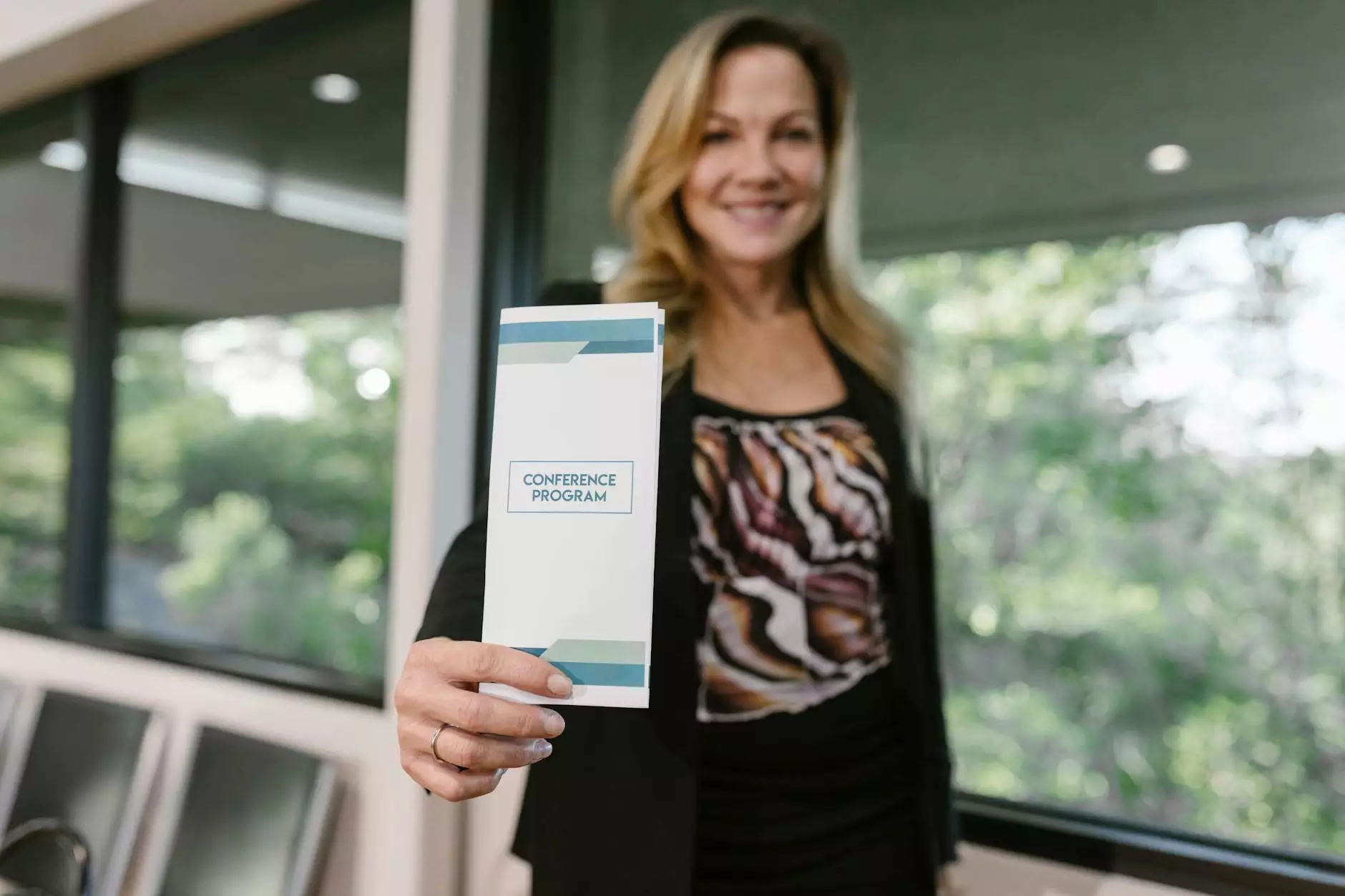The Importance of Vein Disease Specialists

In today's fast-paced world, where health issues are on the rise, the role of a vein disease specialist has become paramount. With a focus on diagnosing and treating vascular conditions, these specialized doctors play a critical role in ensuring the well-being of patients. In this comprehensive guide, we will delve deep into what vein disease specialists do, the conditions they treat, the latest treatments available, and why it's essential to seek their expertise.
Understanding Vein Disease
Vein disease, also known as venous insufficiency, occurs when the veins cannot pump enough blood back to the heart. This leads to a variety of complications, from varicose veins and spider veins to more severe conditions such as chronic venous insufficiency (CVI) or deep vein thrombosis (DVT). The repercussions of these ailments can significantly affect an individual's quality of life.
Common Symptoms of Vein Disease
Patients suffering from vein disease often experience a range of symptoms, including:
- Swelling in the legs and ankles
- Pain or heaviness in the legs
- Visible varicose veins
- Skin discoloration or ulcers near the ankles
- Itching around veins
If you experience any of these symptoms, consulting a vein disease specialist should be a priority.
Why Choose a Vein Disease Specialist?
While general practitioners can assist with various health issues, a vein disease specialist possesses targeted knowledge and training specifically in vascular health. Here are several compelling reasons to consult one:
- Expert Diagnosis: They utilize advanced diagnostic tools, including Doppler ultrasound, to accurately assess vascular conditions.
- Comprehensive Treatment Plans: Specialists create personalized plans based on the individual's unique condition.
- Latest Advances in Treatment: They stay updated on innovative treatments and technologies, ensuring the best care delivery.
- Long-term Management: There’s an emphasis on ongoing care to prevent disease progression and manage symptoms effectively.
Conditions Treated by Vein Disease Specialists
Vein disease specialists are equipped to deal with a myriad of conditions, including but not limited to:
- Varicose Veins: Enlarged, twisted veins often visible under the skin.
- Spider Veins: Small, thin veins that are usually red, blue, or purple.
- Chronic Venous Insufficiency (CVI): A condition where veins struggle to send blood back to the heart.
- Deep Vein Thrombosis (DVT): A blood clot in a deep vein, often in the legs.
- Venous Ulcers: Open sores or wounds caused by improper functioning of venous valves.
Comprehensive Treatment Options
Upon diagnosis, vein disease specialists will recommend a tailored treatment plan. The treatment options can include:
1. Lifestyle Modifications
Simple changes such as maintaining a healthy weight, engaging in regular exercise, and elevating the legs can significantly reduce symptoms.
2. Compression Therapy
Compression stockings can help improve blood flow and alleviate swelling and discomfort.
3. Minimally Invasive Procedures
For more severe cases, various minimally invasive procedures are available:
- Endovenous Laser Treatment (EVLT): This technique uses laser energy to close off varicose veins.
- Sclerotherapy: A solution is injected into the vein, causing it to scar and close.
- Radiofrequency Ablation: This involves using radiofrequency energy to heat and close problematic veins.
4. Surgical Interventions
In more severe cases, surgical options may be necessary. These may include:
- Vein Stripping: The removal of a long vein through small incisions.
- Vein Ligation: Tying off veins to prevent blood flow.
Choosing the Right Vein Disease Specialist
When searching for a vein disease specialist, consider the following factors to ensure comprehensive and effective care:
- Experience: Look for qualified specialists with considerable experience in treating vein diseases.
- Board Certification: Ensure they are board-certified in vascular surgery or venous medicine.
- Patient Reviews: Research testimonials from previous patients to gauge satisfaction and outcomes.
- Hospital Affiliations: Check that they are associated with reputable hospitals or clinics.
The Role of Technology in Vein Disease Treatment
Modern medicine continually evolves, and the field of vascular health is no exception. A vein disease specialist employs cutting-edge technologies to enhance diagnosis and treatment efficacy. Some advanced technologies include:
Doppler Ultrasound
This non-invasive technology is critical in visualizing blood flow through the veins and identifying any abnormalities.
3D Imaging
Advanced imaging techniques enable specialists to assess the veins' anatomy accurately, leading to better-targeted treatments.
Transcutaneous Laser Therapy
Utilizing laser therapy provides a non-invasive option for treating surface veins with minimal discomfort and quick recovery.
The Benefits of Timely Treatment
Seeking the expertise of a vein disease specialist at the first signs of vein issues can lead to numerous benefits, such as:
- Prevention of Progression: Early treatment can prevent the worsening of vein conditions.
- Improved Quality of Life: Effective management can significantly enhance comfort and appearance.
- Reduction of Complications: Timely intervention decreases the risk of serious conditions such as ulcers or blood clots.
Conclusion
In conclusion, vein disease specialists are vital in today's healthcare landscape. Their expertise in diagnosing and treating a range of vascular conditions is invaluable. If you or a loved one is experiencing symptoms related to vein issues, consult a vein disease specialist to explore your treatment options.
Don’t wait for complications to arise. Your health is precious—prioritize it by seeking specialized care. For more information and to find a vein disease specialist near you, visit trufflesveinspecialists.com.



